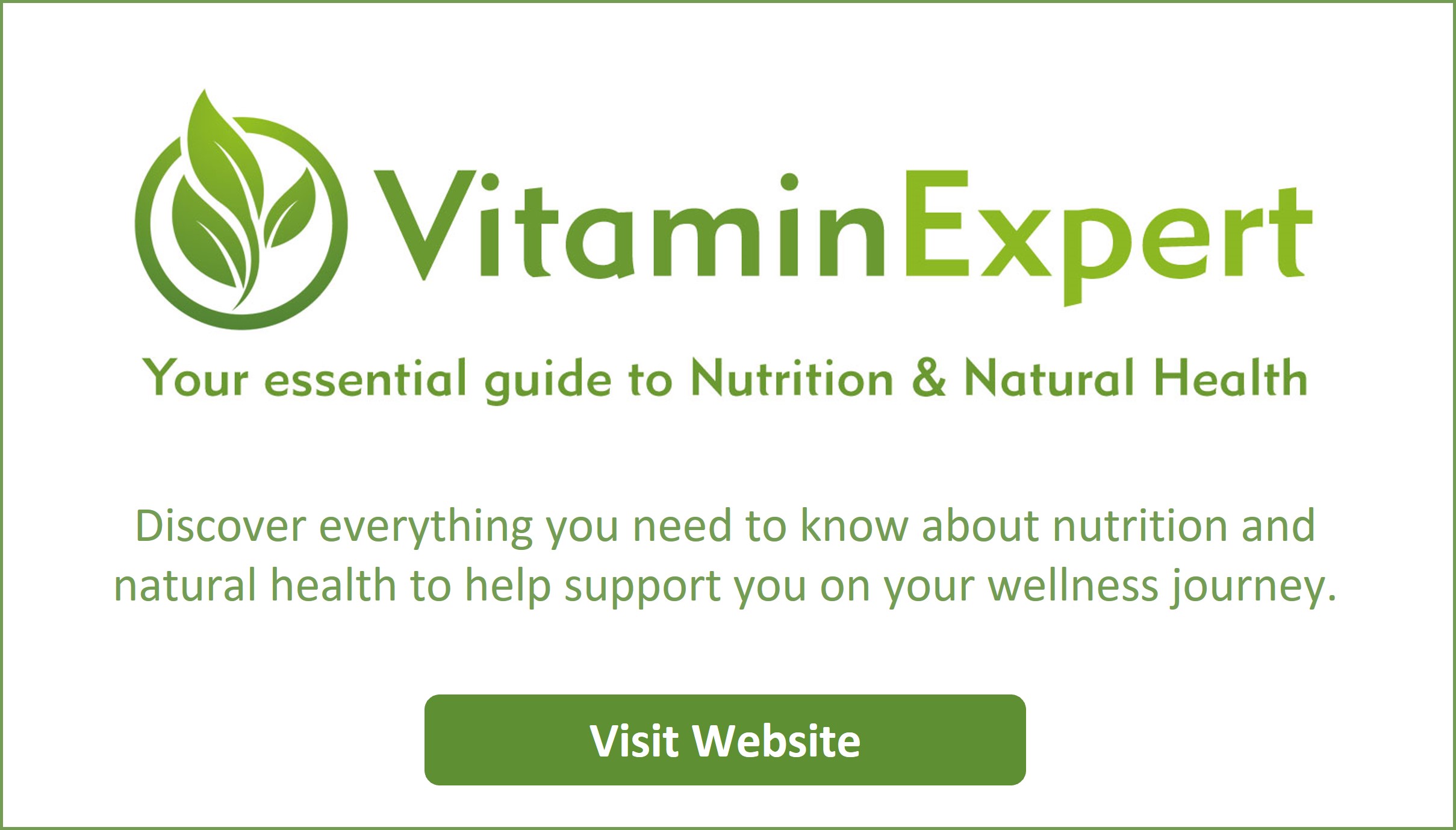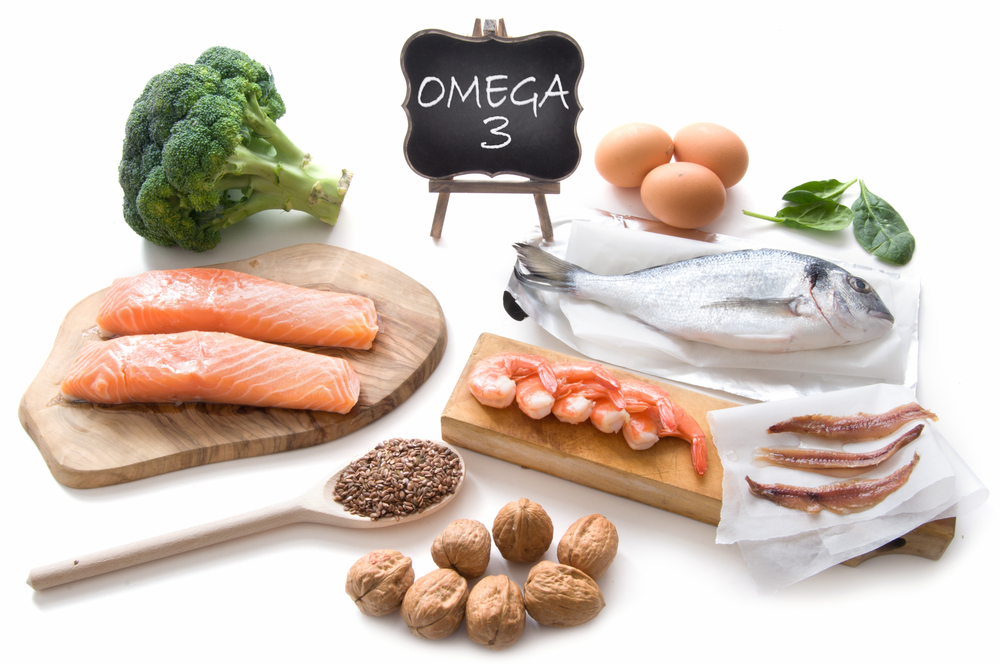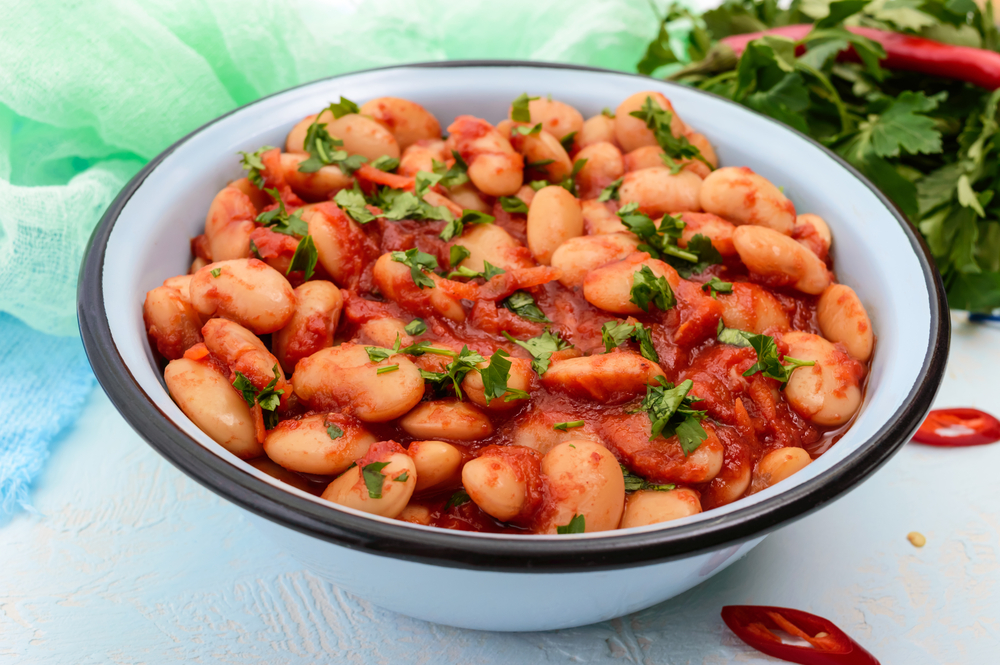
We’re finally entering the summer months, even though the weather hasn’t quite caught up! Thankfully, summer produce is available. Nature delivers these foods at just the right time of year to support our health needs, and these delicious fruits and vegetables certainly conjure up thoughts of summer.
Clinical Nutritionist Suzie Sawyer shares five fabulous foods to enjoy this summer.
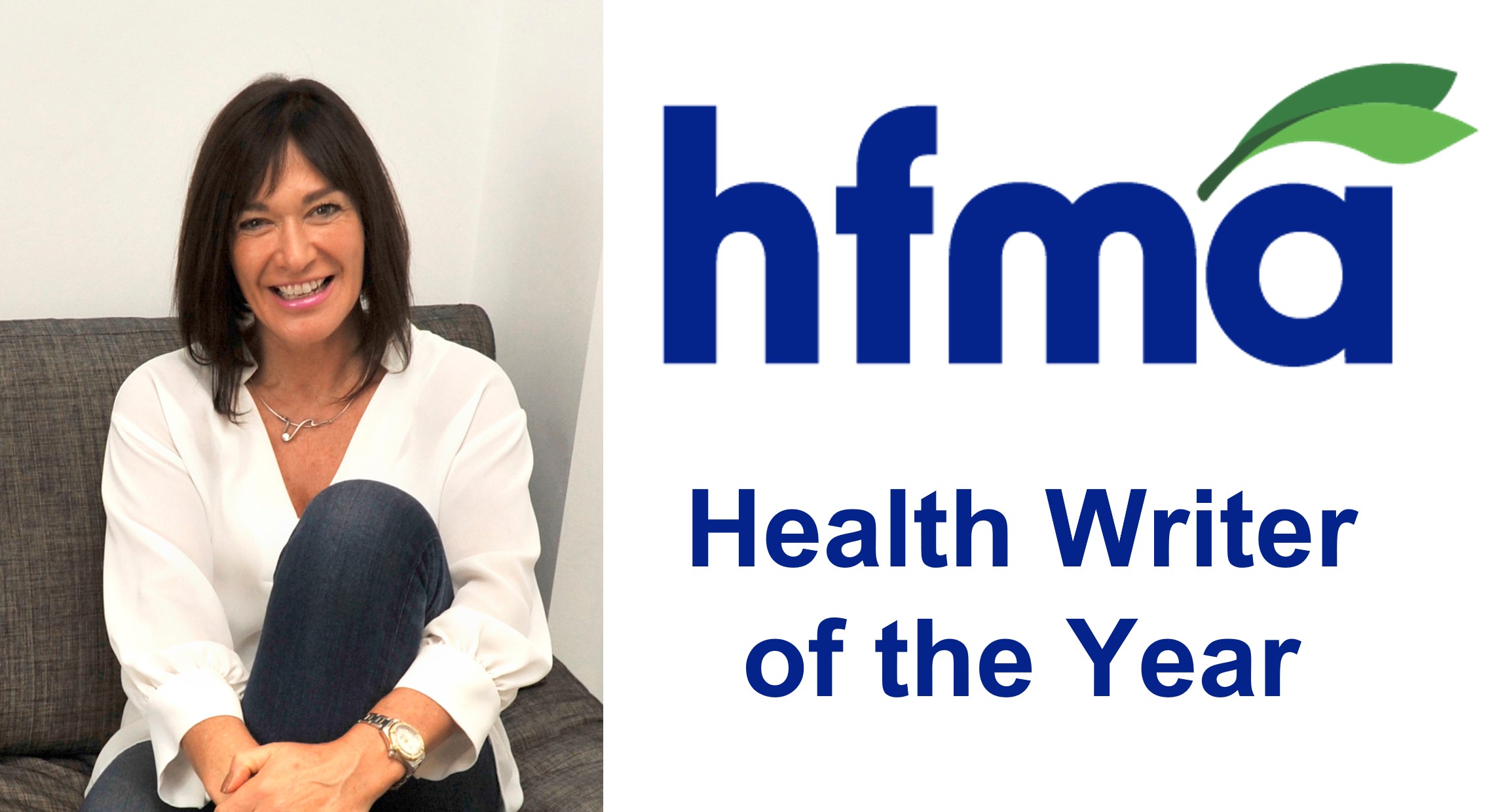
Strawberries
Strawberries completely epitomise the UK summer! However, the British strawberry season is quite short, so make sure to enjoy them now.
Strawberries contain some of the highest levels of vitamin C of any fruit or vegetable. Vitamin C is one of our most powerful antioxidant nutrients, which means it not only helps protect the body against disease, but pollution and sun damage too. Obviously eating strawberries doesn’t negate the need to use sun cream, but antioxidants are used internally and externally by the body as a protective mechanism.
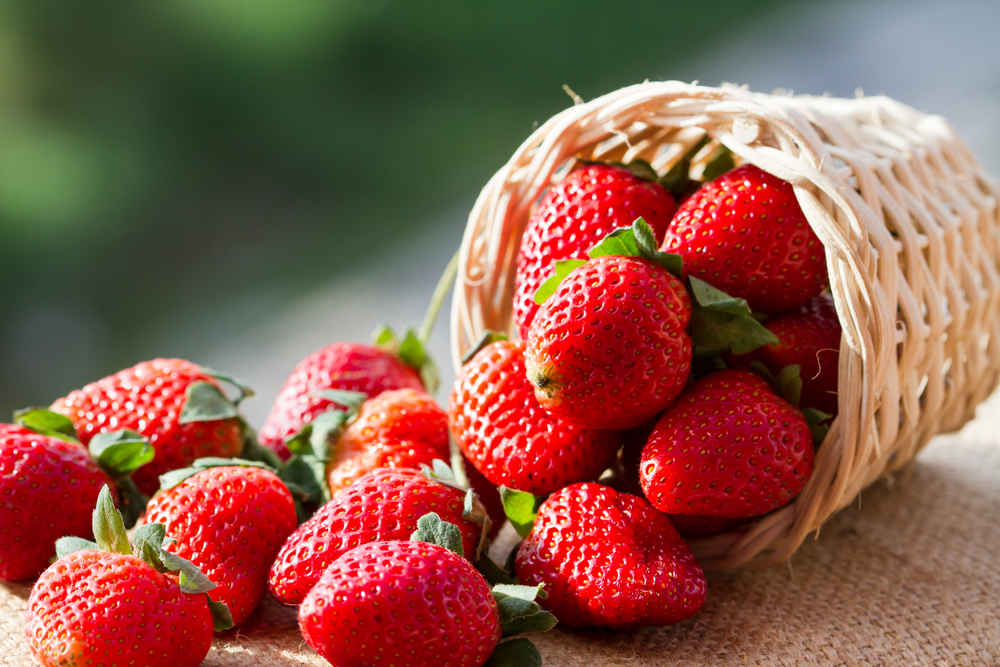
And on the topic of antioxidants, the beautiful dark colour of strawberries means that this fruit contains plenty of antioxidant-rich plant compounds to further uprate our defence systems.
Peaches
The peach is another summer stalwart. It’s also a fruit that’s loaded with vitamin C. However, peaches are also rich in beta carotene, which is converted into vitamin A as the body needs it, which is important for the immune system. No one wants to catch a summer cold!

Both vitamin A and beta carotene are rich sources of antioxidants. And whilst all fruits and vegetables are great for fibre content, which keeps the digestion running smoothly, peaches are known to be easily digestible and work as a laxative too. This can be especially helpful if your digestion is a little sluggish.
Whilst peaches are great in a fruit salad, I like to eat them as they come. Summer vibes will arrive immediately!
Runner beans
Runner beans used to be a crop favourite of many gardeners: they’re certainly worth the effort in producing, but are fairly time consuming to grow well.

So why not leave it to the skilled farmers to produce delicious runner beans at this time of year? These are another great example of what’s best to eat during the British summer as once the season has finished, they can become tough. In season, however, they are a delight to eat, lightly boiled with some butter and added to lamb or other meat dishes.
Runner beans are another great source of vitamin C, but also folate, which is needed for energy and healthy red blood cells.
Plums
Did you know, there are more varieties of plum than any other stone fruit? However, it makes sense to try and find varieties that are naturally slightly sweet otherwise plums can be rather too sour.
 From a nutritional perspective, plums are rich in vitamin E, another powerful antioxidant which is generally found in nuts and seeds, so they are a more unusual source. Plums are also high in potassium which is great for the heart and nervous system.
From a nutritional perspective, plums are rich in vitamin E, another powerful antioxidant which is generally found in nuts and seeds, so they are a more unusual source. Plums are also high in potassium which is great for the heart and nervous system.
Interestingly, when plums are dried, they become prunes, a fact people don’t always know. In this form, they provide a great source of gentle fibre and have also been found to support bone health.
Beetroot
Beetroots provide some beautiful colour to a summer salad but are also delicious when paired with goat’s cheese; the sweet and savoury flavours are perfect together.
Beetroot is often referred to as a super food. In a nutshell, beetroot helps to cleanse the liver, improve heart health by reducing blood pressure, helps exercise performance, is a rich source of energising folate and iron, plus beta carotene, a powerful antioxidant.

Beetroot also contains another powerful antioxidant, betalain, which is buried within its beautiful rich purple colour. Be sure to enjoy some this summer as it’s so beneficial for health.
Enjoy the rainbow of fruits and vegetables available this summer.
FOR MORE GREAT NUTRITION AND LIFESTYLE ADVICE:
Sign up to receive our blog and get a weekly dose of the latest nutrition, health and wellness advice direct to your inbox.
For everything you need to know about vitamins, minerals and herbs visit our sister site Vitamin Expert – your essential guide to nutrition and natural health.
Follow us on Instagram @feelaliveuk for nutrition, lifestyle and well-being tips.
Visit us at www.feelaliveuk.com for the latest offers and exclusive Alive! content.
Follow and Chat with Suzie on Twitter @nutritionsuzie
All images: Shutterstock
